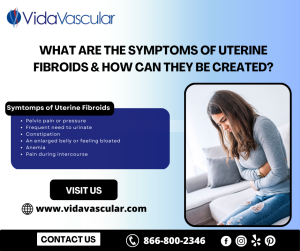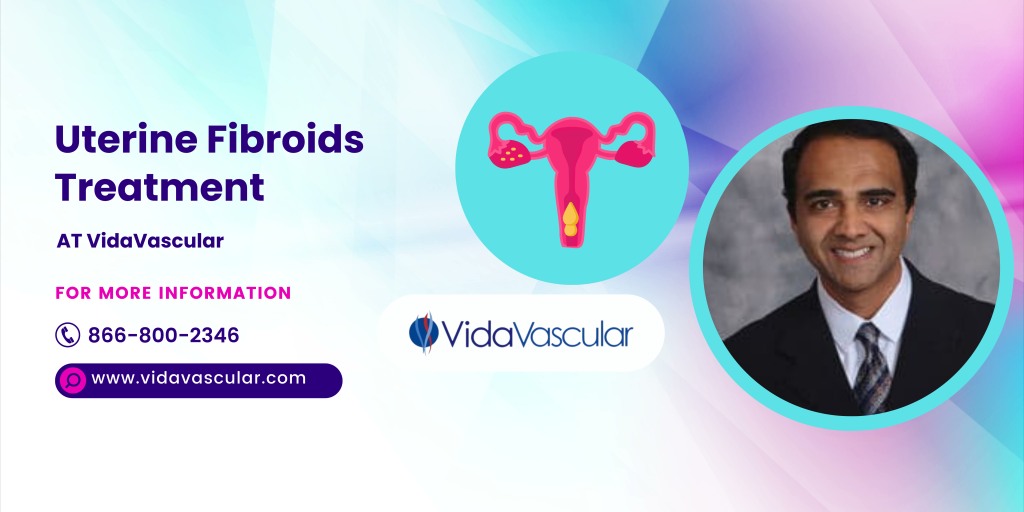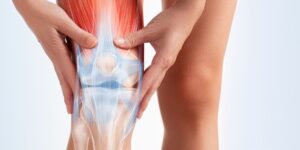
Uterine fibroids are the most common benign tumors within the female reproductive system. While the majority of uterine fibroids are diagnosed and treated in women between the ages of 35-54, fibroids can occur in women as young as in their 20s.
Most fibroids cause no symptoms. If you do experience symptoms, they may include:
• Heavy, prolonged menstrual periods
• Pelvic pain or pressure
• Frequent need to urinate
• Constipation
• An enlarged belly or feeling bloated
• Anemia
• Pain during intercourse
Fibroids are often discovered when a woman has a routine pelvic exam and are frequently treated with a hysterectomy. More than 600,000 women undergo hysterectomies in the United States each year, but some doctors believe that many women do not require this drastic operation. In fact, according to medical studies, 75% of hysterectomies may not be necessary.
The American College of Obstetricians and Gynecologists (ACOG) recommends Uterine Fibroid Embolization (UFE) as a first line of treatment for fibroids. Numerous studies confirm the efficacy and safety of UFE as an alternative, nonsurgical treatment option to hysterectomy. A hysterectomy usually requires a 4-6 week recovery period and has the potential for complications, such as significant bleeding during surgery, and scar formation in the abdomen that can cause a bowel obstruction later. On the other hand, UFE is a safe, effective, and proven treatment for symptomatic fibroids and an alternative to a more invasive hysterectomy.
During a UFE procedure, the physician injects tiny particles into the blood vessels supplying the fibroids to block the blood supply to the fibroids and cause the fibroids to shrink. The procedure takes about an hour and does not require general anesthesia. For most women, it is a welcome alternative to a hysterectomy.
Results of a five-year study revealed that an estimated 90% of women experienced long-term relief after UFE.
Additionally, because UFE maintains the uterus, there is still a possibility of pregnancy with successful term deliveries. The American College of Obstetricians and Gynecologists advise that women should discuss with their Gynecologist and Physicians if UFE is right for them.
If you have a question about Fibroids or UFE treatment in National Harbor, our fibroid specialists at VidaVascular will help you!
– Our providers are respected experts in the region
– We provide the most advanced treatments
– Our procedures are usually less expensive than surgery or other alternatives
Request a free fibroid consultation!
Call us today to schedule telemedicine or video Consultation.– 866-800-2346
Visit Us at: https://www.vidavascular.com/fibroid-center/




